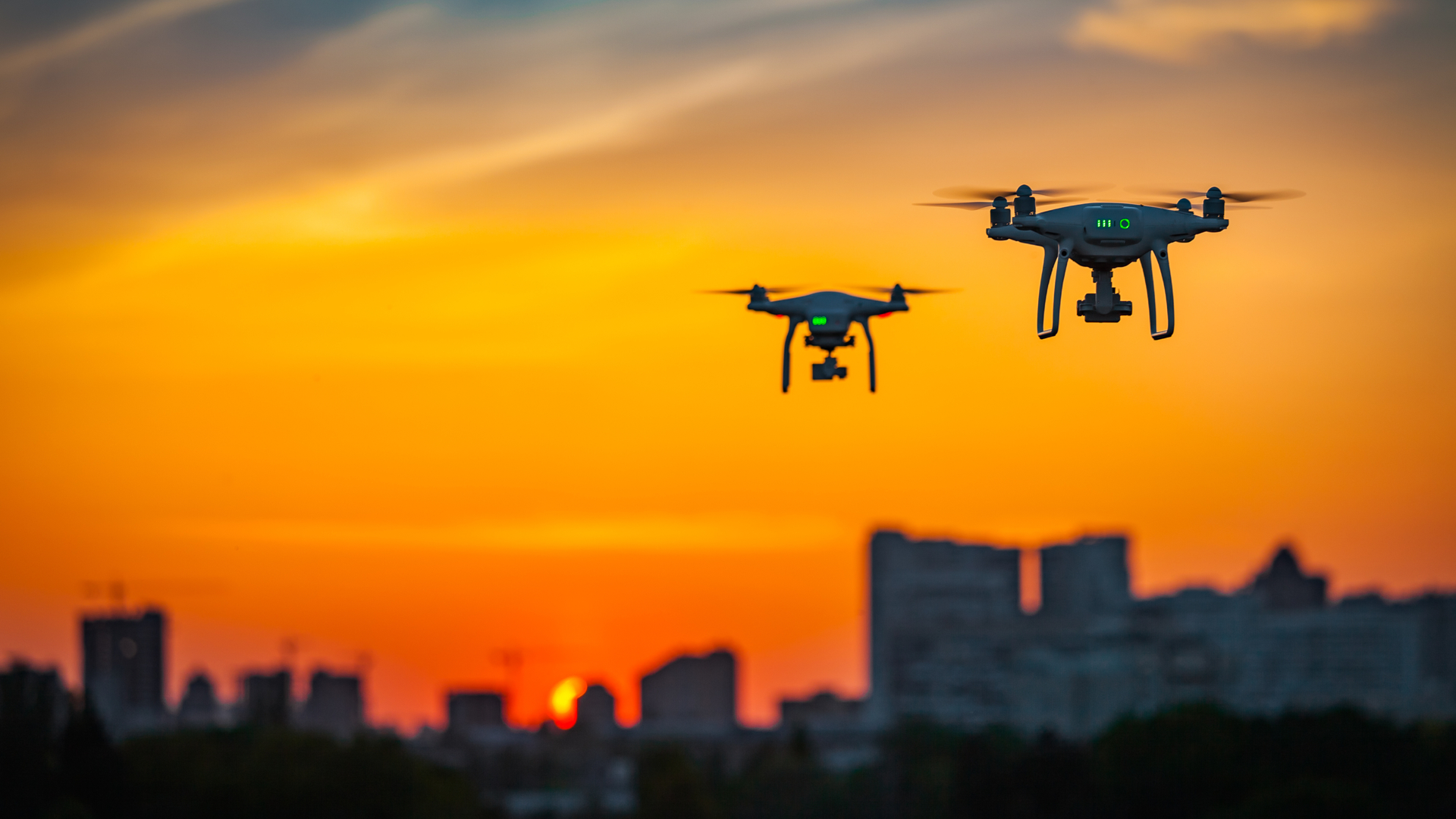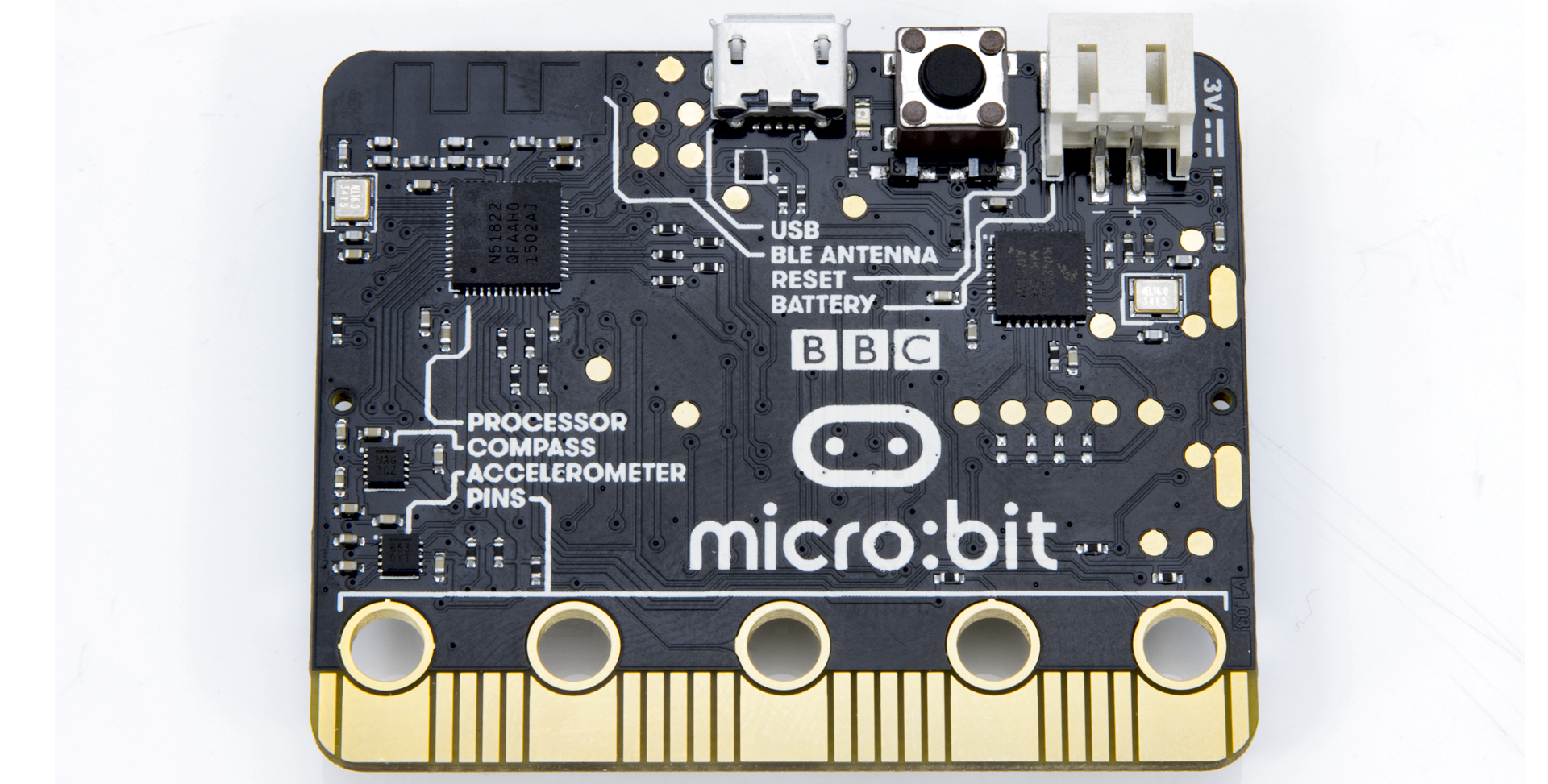SpaceX to offer on-the-go internet service for vehicles
The service will cater only to aircraft, ships, large trucks and RVs, for now

Elon Musk’s SpaceX has filed a request with the Federal Communications Commission (FCC) to connect its Starlink satellite internet service to moving vehicles, including aircraft, ships, large trucks, and RVs.
Starlink is a satellite internet constellation consisting of thousands of small satellites in low Earth orbit (LEO). As of 2021, SpaceX has launched 1,035 Starlink satellites into space and plans to launch up to 60 more per Falcon 9 flight.
These tiny satellites, which are in beta phase, work in tandem with ground transceivers to deliver high-speed internet access to consumers worldwide.
SpaceX is now working on an antenna that will “expand the range of broadband capabilities available to moving vehicles throughout the United States and to moving vessels and aircraft worldwide,” said David Goldman, SpaceX's director of satellite policy.
Goldman continued: "The volume of traffic flowing over the world's networks has exploded. No longer are users willing to forego connectivity while on the move, whether driving a truck across the country, moving a freighter from Europe to a US port, or while on a domestic or international flight."
SpaceX has also requested the FCC issue it a “blanket license” to commence its operations. FCC's terms don’t require applicants to submit a precise or maximum number of deployed user terminals, which is why SpaceX didn’t pin down the number of mobile terminals it plans to build.
Musk tweeted that the new antennas won’t connect Tesla vehicles to Starlink, citing that the “terminal is much too big.”
Get the ITPro daily newsletter
Sign up today and you will receive a free copy of our Future Focus 2025 report - the leading guidance on AI, cybersecurity and other IT challenges as per 700+ senior executives
“This is for aircraft, ships, large trucks & RVs,” posted Musk.
SpaceX hasn't revealed details on the mobile Starlink terminals’ design, but Goldman says the terminals would be “electrically identical” to existing terminals, and users can mount them conveniently on vehicles, vessels, and aircraft.
Starlink’s current consumer setup kits cost $499 and users will also pay a $99 monthly service fee. The data speeds vary from 50Mbps to 150Mbps, but Musk says the data speeds will double to 300Mbps by the end of 2021.
-
 Should AI PCs be part of your next hardware refresh?
Should AI PCs be part of your next hardware refresh?AI PCs are fast becoming a business staple and a surefire way to future-proof your business
By Bobby Hellard Published
-
 Westcon-Comstor and Vectra AI launch brace of new channel initiatives
Westcon-Comstor and Vectra AI launch brace of new channel initiativesNews Westcon-Comstor and Vectra AI have announced the launch of two new channel growth initiatives focused on the managed security service provider (MSSP) space and AWS Marketplace.
By Daniel Todd Published
-
 Welsh startups 'increasingly isolated' over lack of diverse funding routes
Welsh startups 'increasingly isolated' over lack of diverse funding routesNews Founders say Wales' chance to be one of the UK's leading tech ecosystems is being undermined by a lack of investment
By Ross Kelly Published
-
 What is WCAG and how do these guidelines power accessibility online?
What is WCAG and how do these guidelines power accessibility online?In-depth Experts urge a mentality shift, away from box-ticking compliance, to one that incorporates ease of use into the very fabric of web design
By John Loeppky Published
-
 UK gov opens £12m innovation fund to tackle cost of living crisis, regional inequality
UK gov opens £12m innovation fund to tackle cost of living crisis, regional inequalityNews Funding will enable regulators and local authorities to test and experiment with "bold and ambitious" approaches to the pressing issues of the day
By Bobby Hellard Published
-
 Diversity in tech is a well-trodden path, but change is painfully slow
Diversity in tech is a well-trodden path, but change is painfully slowOpinion IT leaders have a big role to play in changing attitudes to diversity and inclusion, but not all of them step up to the challenge
By Gary Rayneau Published
-
 Two in three IT employers struggle to recruit staff with adequate digital skills
Two in three IT employers struggle to recruit staff with adequate digital skillsNews Three quarters (77%) of surveyed senior UK IT decision-makers claimed that they are currently facing a digital skills gap in their organisation
By Sabina Weston Published
-
 Primary schools to receive BBC micro:bits in digital literacy push
Primary schools to receive BBC micro:bits in digital literacy pushNews The initiative comes amid an "all-time high" shortage of talent in cyber security, big data analytics and technical architects
By Sabina Weston Published
-
 Lenovo to give £1 from every laptop sale to UK digital poverty charities
Lenovo to give £1 from every laptop sale to UK digital poverty charitiesNews Tech giant to support local authorities and charities with hardware and expertise
By Bobby Hellard Published
-
 Disabled IT professionals are building access for themselves
Disabled IT professionals are building access for themselvesIn-depth For visually impaired developers, the tools just aren’t good enough – so they’re taking matters into their own hands
By John Loeppky Published